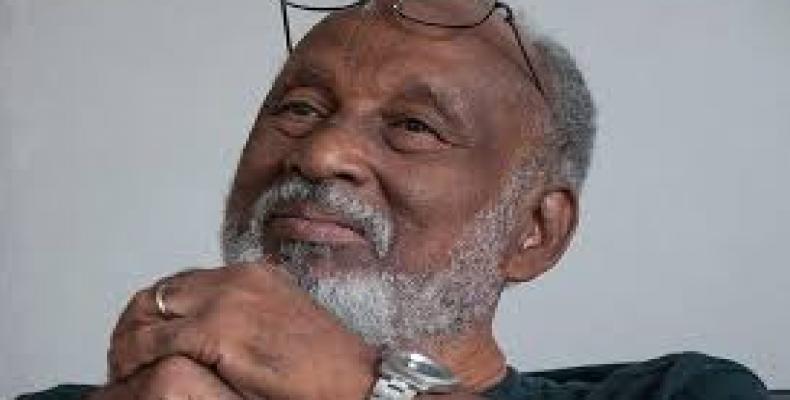
Esteban Morales
Havana, November 2 (RHC)-- Cuba will have better economic performance and a better standard of living by applying the social and economic strategy approved with a view to 2030 and in response to the Covid-19, analyst Esteban Morales affirmed.
In an interview with Prensa Latina news agency, Morales said that there is consensus on the island on such a path, which, he predicted, "will make us better," even if the economic, commercial and financial siege of the United States persists.
Morales, who is a Doctor in Political Economy an Political Science, defended the prompt compliance of decisions contemplated in agreements of the Communist Party (PCC), the Council of Ministers and the National Assembly of the People's Power.
He said the consensus also includes academics, economists, producers, and other sectors of this country.
He called attention to the fact that many of the measures recently exposed by President Miguel Díaz-Canel and other high-ranking officials had already been adopted in congresses of the PCC, promoted by its first secretary, Army General Raúl Castro.
But almost a decade has passed, and everything seems to indicate that acceptance of the measures is general and that time is pressing despite the difficult conditions Cuba is living, he stressed.
The Covid-19 caught us, but before that, we had another Covid, that of the economy, also under the intensification of the blockade imposed by Donald Trump's government and its intention to suffocate us economically, he said.
In this respect, he exemplified the recent decision taken in Washington to limit remittances to the small and neighboring island, which affects families and the entire nation.
He commended the government for implementing a strategy aimed at defining the social and economic model for 2030, but also for its decisions for unification and monetary parity, accompanied by wage, pension, and price reform.
At the same time, it should advance decisions in favor of reactivating the country in the face of the pandemic, particularly the productive chain of various forms of property that seek to stimulate production, the internal market, and exports.
We can also take advantage of the potential of domestic capital. In Cuba, there are peasants, artists, intellectuals, and others who have money and could invest it here. Just like compatriots abroad who are interested in doing business in their homeland, he said.
In his opinion, Cuba needs between three and four billion dollars a year in foreign investment for its development, a need against which the blockade imposed by the United States works at full force.
Esteban Morales distanced himself from those who prescribe for Cuba economic reforms such as those adopted by friendly countries like China and Vietnam.
Our decisions are in tune with the national reality. They are different economies, which does not mean that we cannot use mechanisms that have proven positive for them, he said.
The doctor in political economy recognized that his country could make use of customary mechanisms of the market economy. But from there to Cuba going to capitalism, there is an enormous stretch,' he stressed.
He underlined that 'taking advantage of the national productive capacities, internal savings, the potentialities in agriculture, industry, and the qualified labor force that we have do not lead to capitalism'.
In this sense, he recognized that the official strategy prioritizes state enterprise and creates new incentives for cooperatives, small and medium enterprises, which, he insisted, could lead t taking advantage of the national possibilities to put production in motion.

